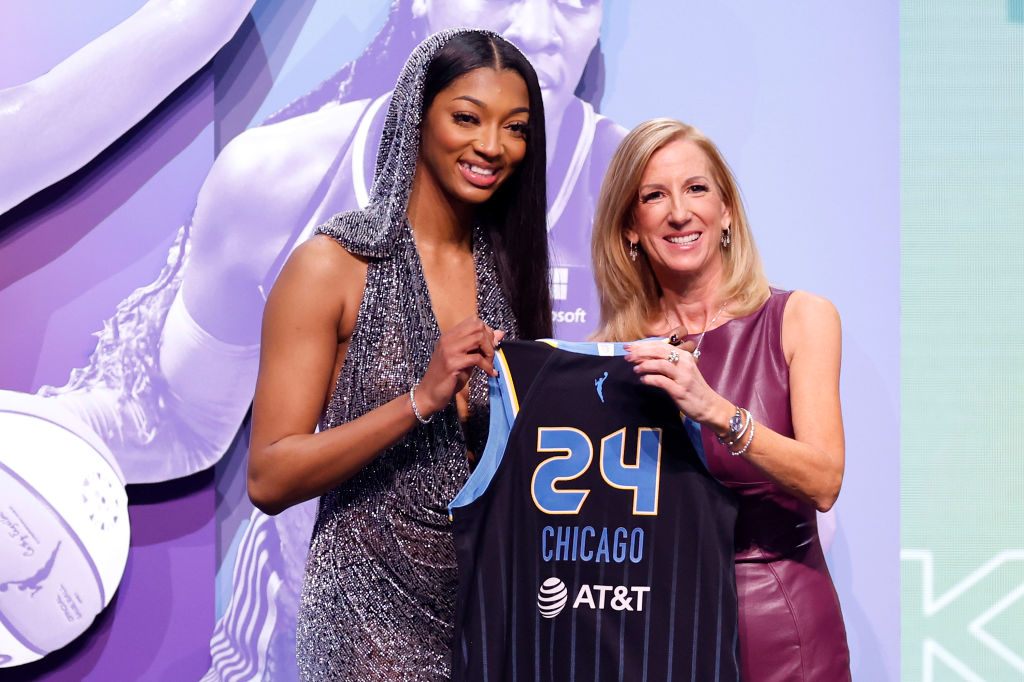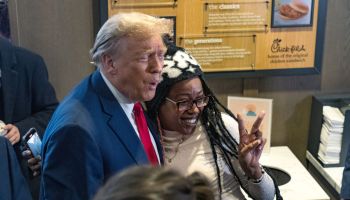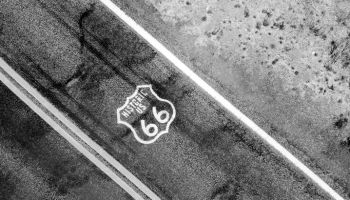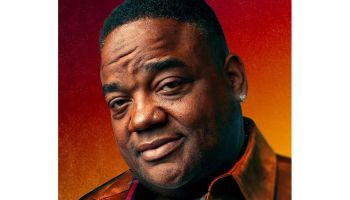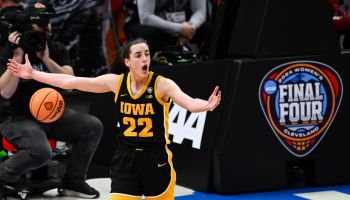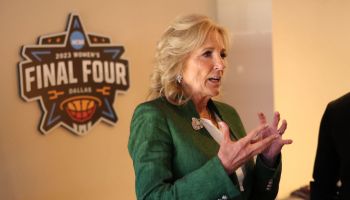Two years after its cancellation, “The Wire” has been given the respect given to authors like Dickens and Shakespeare, Hemingway or Langston Hughes. It has been given its own class at Harvard. Not only has it been given an undergraduate class at Harvard, but in this spring, “The Wire” will be taught at Harvard Law School by one of its most prestigious professors, Charles Ogletree.
Ogletree had a conference at Harvard yesterday to announce the course and had actors, Jamie Hector and Michael K. Williams, who played Marlo Stanfield and Omar Little on the show come and speak, along with Donnie Andrews, who was a notorious Baltimore criminal, who was the inspiration for Omar Little.
They discussed The Wire as a reflection of America that is hardly seen. Reverend Eugene Rivers claimed that every Black person should see it. The panel discussed the elements of “The Wire” that related directly to sociology, the drug war, lack of jobs, city politics education and the media, that “The Wire” covered in its five seasons.
It was amazing to hear how close the actors where to their characters. Michael K. Williams said the hardest thing he had to do in the show was to kill Idris Elba’s character, Stringer Bell. He said he felt conflicted about doing it and felt that it promoted Black on Black crime by having one of the smartest characters on the show be killed, one he felt a close connection to not only as a fellow actor, but as a character as well.
Williams said that when his character was killed it was like his best friend died and that for a while he answered to the name Omar more than he answered to his own name.
Jamie Hector described his character Marlo as a sociopath, but said that the students in his Brooklyn theater group “Tomorrow’s Future” described Marlo as a businessman. Hector also said that in his view, despite the fact that Marlo was never convicted, he was defeated in the end after losing his man power and lifestyle.
Both Hector and Williams defended “The Wire” against people who said it promoted negative stereotypes against Black men the city if Baltimore. Hector cited Season 4 of “The Wire” as a way that the program showed how children turn into criminals rather than just displaying the stereotype.
Ogletree did a good job of explaining why Harvard Law School students should learn about “The Wire.” Those students will be the prosecutors, District Attorneys, and defense lawyers who will have to deal with the policies of the drug war and the over-incarceration of African American males. Some others will become politicians who will be in charge of giving jobs and funding schools. If not for a show like “The Wire,” many of these people would have no clue about the struggle urban African Americans endure due to the drug trade, inferior education, corrupt politicians and lack of jobs.
Ogletree said that many writers, and actors from “The Wire,”and real people from Baltimore will address the class this spring. He also says he’s trying to open the class up to students from other graduate schools so that future teachers, journalists and businessmen can also learn about how what they do affects the poor and how the poor affect them.
Like Dickens and Richard Wright, “The Wire” provides a fictitious reality that is closer to the truth and reveals more about society than most journalism or history books. Ogletree’s class will be one of the first classes to give the television show sociological, political and academic analysis, but surely not the last, as the show will stand as a time capsule of our society for centuries to come.
RELATED STORIES
